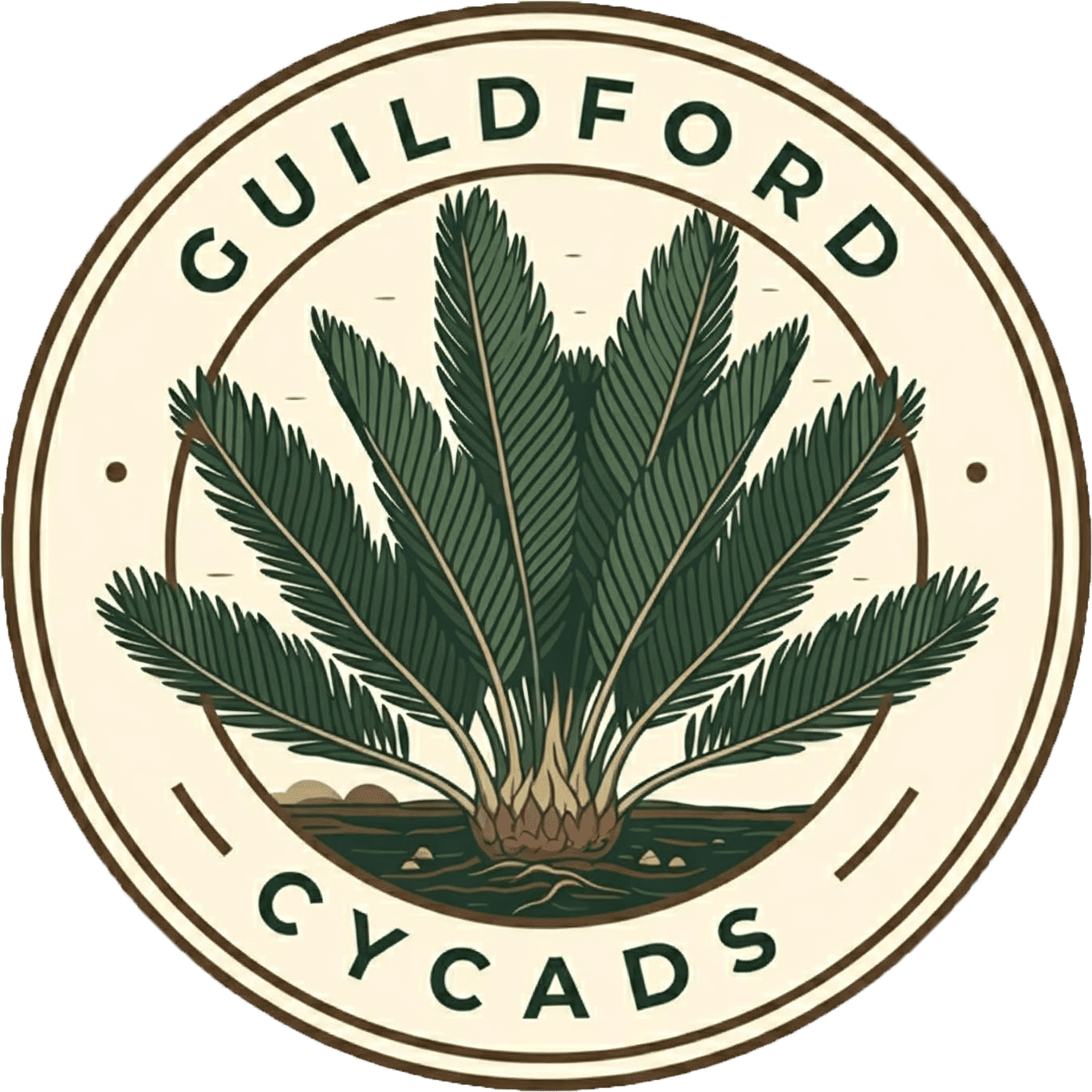Abstract
The Sustainable Development Goals (SDGs) emphasize gender equality and women’s empowerment as essential to global development, particularly in sectors that support food security and economic growth, such as aquaculture. This study investigates women’s empowerment levels in aquaculture within Self-Help Groups (SHGs) in Southern Odisha, using an improved Women Empowerment in Aquaculture Index (WEAI). Data were collected from two Self-Help Groups (SHGs) in each of the Gajapati and Rayagada districts, measuring empowerment across six domains: “access to and control over resources and services”, “participation in social and economic activities”, “ability to decide independently”, “control over use of income”, “knowledge on aquaculture”, and “attitude towards aquaculture”. Findings revealed significant variability in empowerment levels, where “control over use of income” being the highest among the domains. In contrast, “participation in social and economic activities” and “knowledge of aquaculture” were notably lower. Path analysis highlighted the importance of participation in extension activities and access to information in driving empowerment, while factors like innovativeness require better support. Garrett’s ranking method identified critical constraints such as “Lack of financial support from the Govt. organisations”, “high cost of feed”, and “lack of need-based training programme” having regional variations between Gajapati and Rayagada. The study concludes that a multifaceted approach is essential to promote empowerment, including localized training, enhanced resource access, and targeted policy support. Future research should aim to refine empowerment strategies to encourage both individual women’s and community growth in aquaculture.
